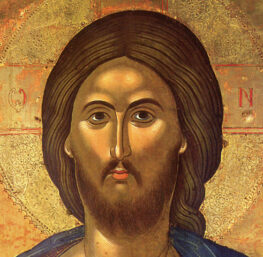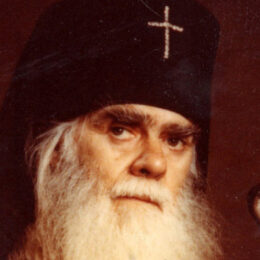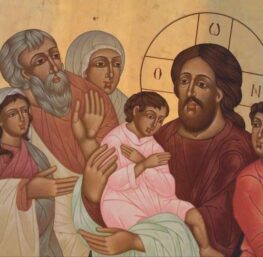LifeSiteNews.com | Deal Hudson | Jun. 13, 2008
In his prayer before McCain spoke, Father Pavone prayed that the “Lord would let all Christians know they are still His sons and daughters when they are in the voting booth.”
The first issue addressed by McCain was abortion. He said that the “noblest words ever written” were “the inalienable right to life, liberty and the pursuit of happiness.” McCain believes that those words “apply to the unborn.” He reminded the Philadelphia Catholics of his pro-life voting record, adding that he would “maintain that commitment” if elected president.
McCain talked about the “stark contrast” between himself and Sen. Barack Obama on the life issue – the evidence being Obama’s vote against the ban on partial-birth abortion and his opposition, as a state senator, to legal protection for babies born during an abortion procedure.
Introducing McCain was former ambassador Jim Nicholson, who described the need for outreach to Catholic voters as “self-evident.” In Pennsylvania, 30 percent of the voters are Catholic, he said, and argued that “McCain would attract Catholic voters because his beliefs line up squarely with them on issue like protecting unborn life, defending marriage between a man and a woman, and the all-important appointment of judges.”
Nicholson told the group that McCain was qualified for the presidency based upon his years of experience and his judgment in times of challenge and adversity. “His opponent is young, untested, inexperienced, green, and liberal – not a bad man, but unqualified.”
In addition to protection for the unborn, McCain emphasized the pressing need to protect America from Islamic extremism, “a transcendent challenge to everything we hold dear.” He said that the heart of this battle is being fought in Iraq, but it is also playing out on the Internet, where well-educated young people are being recruited to terrorist organizations.
McCain also brought up the subject of defending marriage, saying that some in the room may differ with his view that this decision should be taken up first in the states. “But,” he added, “if some federal judge rules that all the states must recognize the [gay] marriages in Massachusetts, I would be in favor of pursuing a Constitutional amendment.”
. . . more



